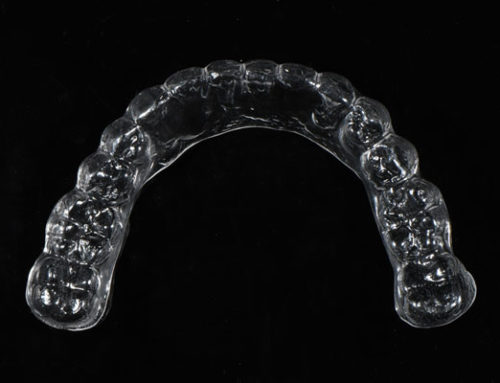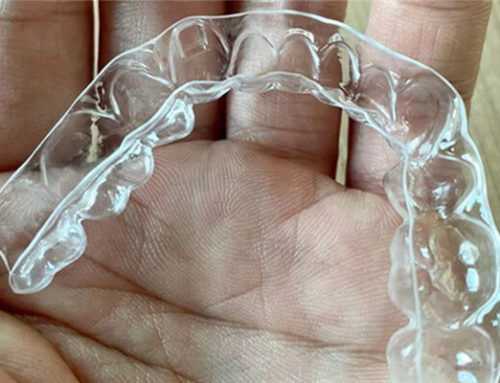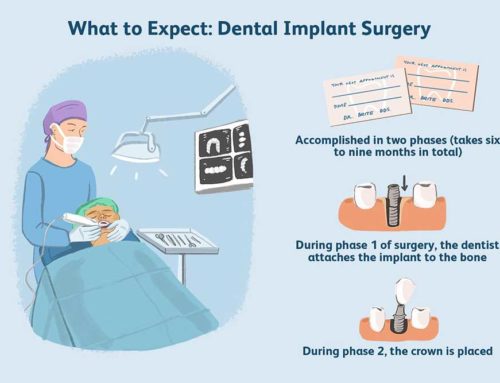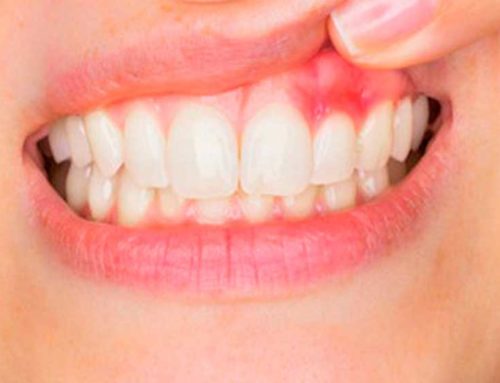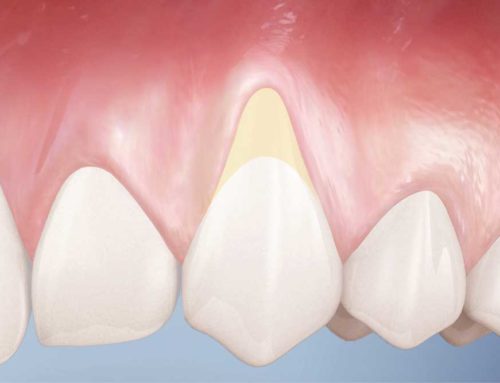Dental laboratory technology is both a science and an art. Since the needs of each dental patient are different, the responsibilities of a dental laboratory technician are comprehensive and diverse.
In most case, patients can’t see any dental technicians directly, unless your dentist lead you to see them. However, dental technicians are important members of the dental care team.
They work directly with the dentist, following detailed written instructions, using an impression of the patient’s teeth or oral soft tissue to create:
- Provide complete dentures for patients with missing teeth
- Removable partial dentures or fixed bridges, suitable for patients who have only one or a few teeth missing
- Dental crowns, which are braces designed to restore the original size and shape of the teeth
- A veneer that enhances the patient’s beauty and function
- Orthodontic appliances and splints to help correct and protect teeth
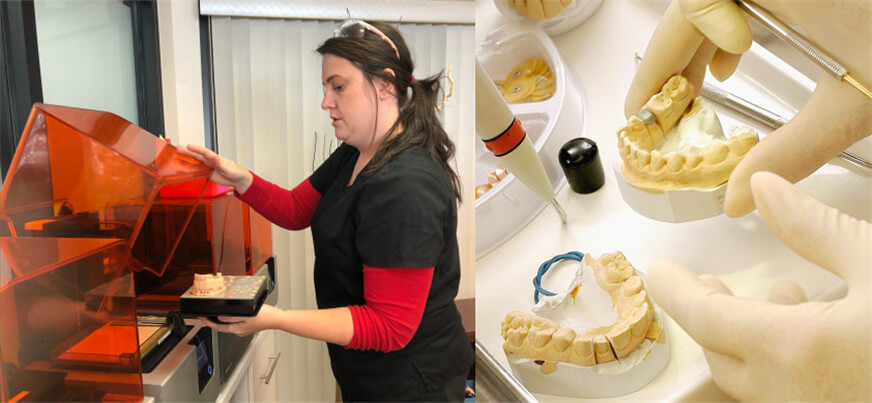
Dental technicians use a variety of materials, including waxes, plastics, precious and non-precious metal alloys, stainless steel, various ceramics and composite materials or polymer glass combinations. Many technicians have mastered the skills of using precision instruments and equipment when performing laboratory procedures. It is important for technicians to help create tooth replacements that are both aesthetically pleasing and functional.
1. Career Advantage
Flexibility: Dental laboratory technology is a flexible career that offers multiple opportunities for advancement. Experienced technicians can find high-paying positions based on their technical or communication skills in commercial laboratories and become department heads of large laboratories. They will have supervisory responsibilities or may have their own laboratories. Dental technicians can also teach dental technology courses in educational programs and apply their knowledge to research, sell and/or sell prosthetic materials, instruments and equipment.
Independence: technicians complete most of the work without close supervision. They often experience satisfaction from the beginning to the end of the entire project.
Creativity: The technique of the dental laboratory requires the skill and touch of the artist. Technicians need to be creative when making prostheses.
Safety: The services provided by dental technicians are always needed. As the population ages, the demand for artificial limbs will continue, which can improve the nutrition, appearance and ability to speak clearly.
Sense of personal accomplishment: Dental technicians experience the satisfaction of helping provide valuable medical services, and positively affect the patient’s oral health and self-image. Technicians play an important role in providing dental care and pride themselves on producing handmade products.
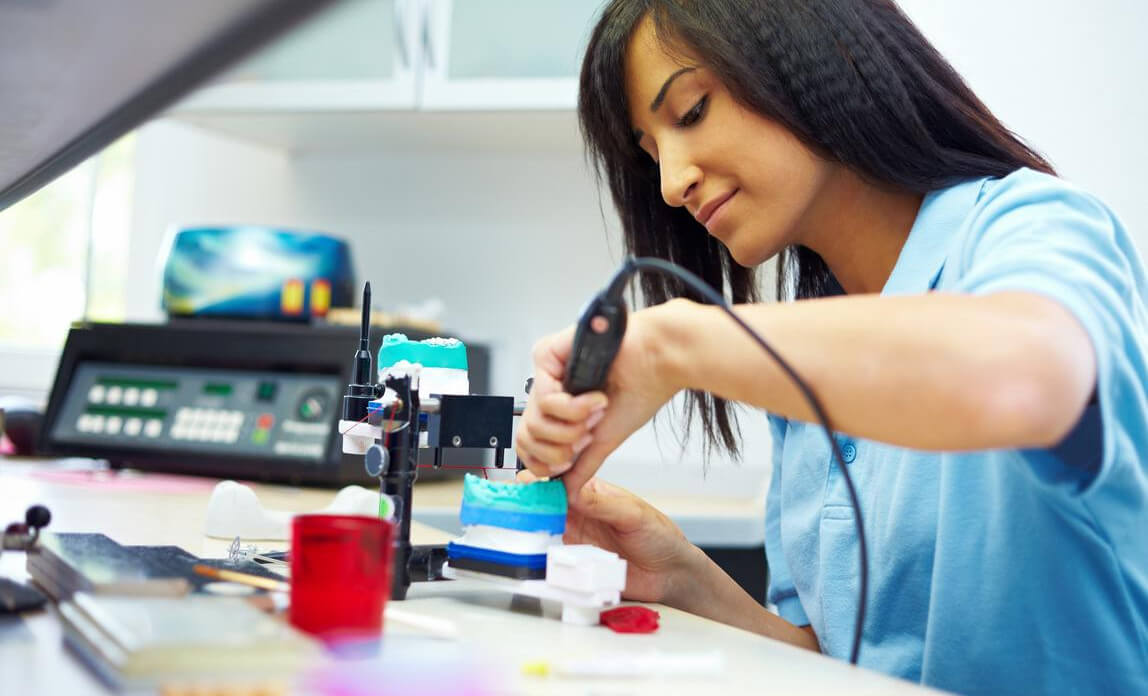
2. Opportunity
With the advancement of technology and materials, the demand for restorative and cosmetic dentistry has increased. Therefore, there is a great demand for dental laboratory technicians. Employment opportunities will continue into the next century.
Usually, dental lab technicians will find a job in a commercial dental laboratory, and their employees range from 2 to 200 people. The general laboratory employs about five to ten technicians to provide comprehensive dental restoration services or specialize in the production of a specific type of restoration (such as removable partial dentures, crowns and bridges, etc.).
In addition, private dental clinics also provide some opportunities for technicians who like to have close one-on-one contact with dentists. Dental schools, hospitals, and companies that manufacture dental prosthetic materials may also provide employment opportunities. The dental laboratory technology education program provides some teaching positions for experienced technicians.
3. Income Potential
The salary of a dental laboratory technician depends mainly on the skills demonstrated and the responsibilities associated with the specific position and workplace. The salary of dental technicians is the same as that of other health professionals, and they have similar training and experience. Experienced technicians can achieve significant satisfaction and returns in commercial laboratories, or they can choose to start their own businesses and open their own dental laboratories to gain greater independence.
